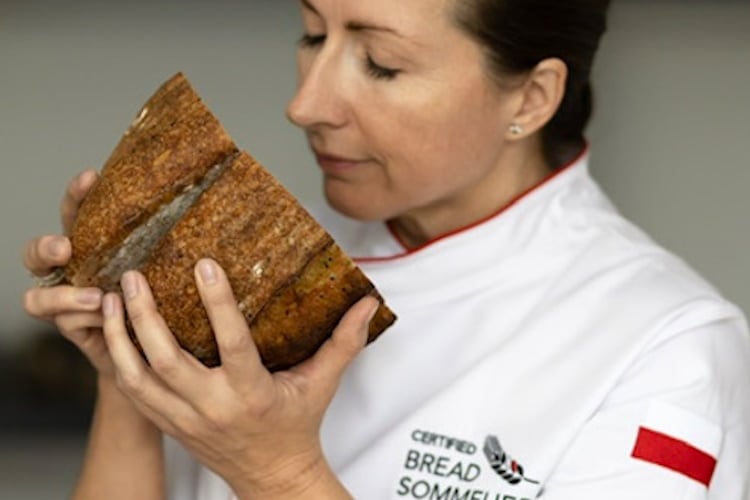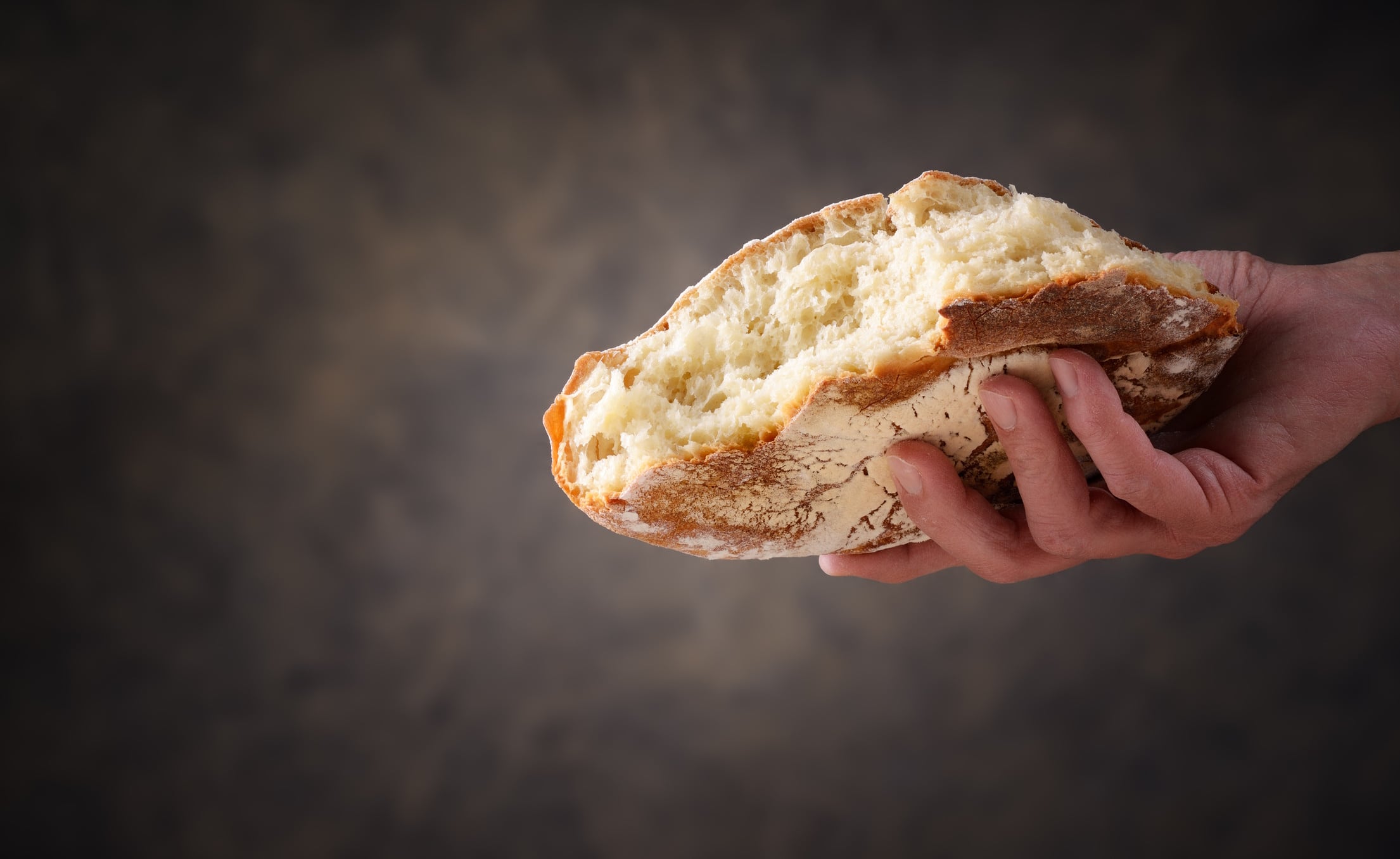Key takeaways:
- Roberts Bakery has filed for administration, with more than 400 jobs at risk as talks continue over a potential sale of its specialty breads site to Warburtons.
- Associated British Foods has confirmed a £75m rescue of Hovis, signaling deep consolidation across the UK’s struggling bread industry.
- Britain’s bread market is contracting fast, leaving just two dominant players – Warburtons and ABF – and little room for mid-sized bakers to survive.
Warburtons could soon take another bite out of the British bread market. The Grocer reports the Bolton-based giant has been eyeing Roberts Bakery’s specialty breads plant – though it’s not clear if any deal’s been struck.
Frank Roberts & Son Ltd, which turns out more than two million loaves a week, filed a notice of intention (NOI) to appoint administrators on October 6 after months of financial strain. The move gives it breathing space from creditors while advisers at PwC work on a possible sale to keep the 138-year-old business afloat.
At the same time, Associated British Foods (ABF) – which owns Kingsmill’s parent company Allied Bakeries – has stepped in with a £75m rescue of Hovis, marking another major shake-up in Britain’s sliced-bread market. It’s the latest in a flurry of dealmaking that’s fast turning into a full-blown power shift across the UK bakery sector.
For Roberts, though, the situation’s dire. More than 400 jobs are now hanging in the balance. A company spokeswoman said talks were “well advanced” with third parties and that management was “optimistic about a positive solution in the coming days that would preserve the whole company as a going concern.”
A perfect storm of fire, inflation and changing taste
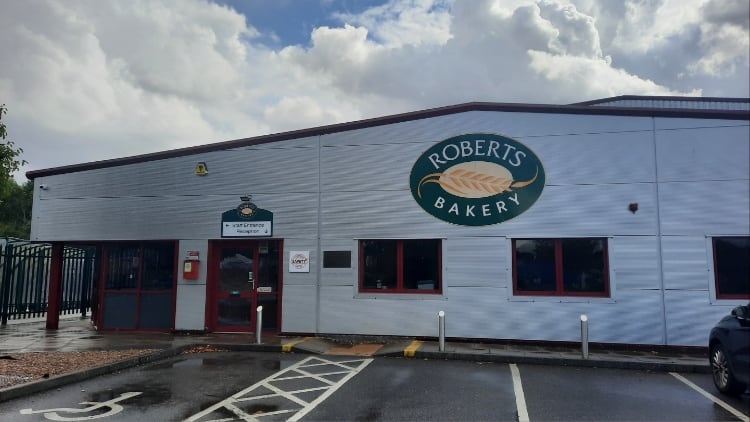
Roberts’ woes go back well before the latest court filing. A devastating 2023 fire at its Northwich factory wiped out nearly two-thirds of its production capacity, hammering turnover by 21% to £76m in the year to August 2024.
Although a £19.9m insurance payout later helped push the group back into the black with EBITDA of £24.3m, customers had already found other suppliers. “Despite the huge efforts of everyone involved, these factors have made recovery extremely challenging,” the bakery manufacturer said in a statement.
Inflation and energy shocks since the war in Ukraine only made things worse. “In recent years, Roberts has faced an exceptionally difficult period,” the spokeswoman said, pointing to the fire, loss of market share and “unprecedented inflation, rising energy and ingredient costs, and intense competitor activity.”
At the same time, Britain’s bread habits are changing fast. Fewer shoppers are buying standard loaves and more are picking up crumpets, brioche and wraps. NIQ figures show Roberts’ supermarket sales tumbled 28% in 2024 – and by the same amount again this year.
While Roberts struggled, category leader Warburtons managed to buck the trend by investing in premium and specialty lines. Bread volumes have struggled to recover ever since, as customers secured alternative supply contracts and the sliced bread market continued to face structural difficulties.
Who wants a slice of Roberts?
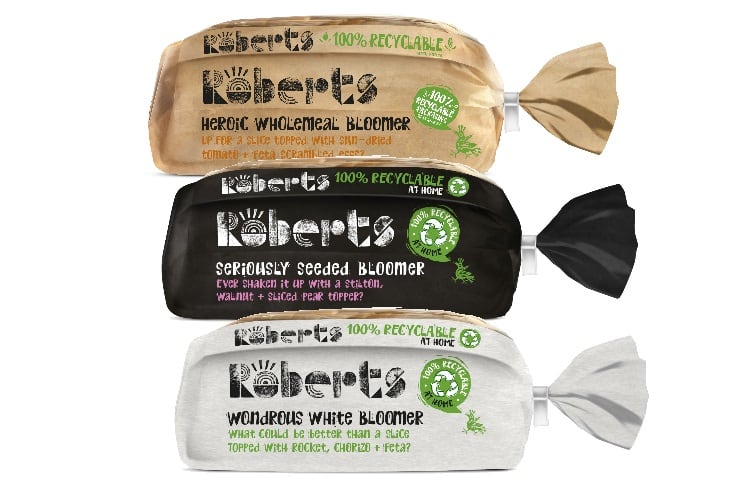
Warburtons’ interest in Roberts’ specialty breads site is the clearest sign there’s still value to be salvaged. But this isn’t the white knight rescue some headlines have implied.
According to The Grocer, Warburtons had been looking at a potential purchase of the Roberts speciality breads factory, while Endless-owned cake manufacturer BBF ran the rule over the biscuits business. It’s unclear if any deals will take place. Crucially, the source added there’d been “no takers for the standard bread production site.”
So, rather than swooping in to save the whole company, Warburtons looks to be eyeing one piece of the pie – the high-margin, fast-growing specialty side – and leaving the rest to fate.
A Roberts spokeswoman confirmed the business was “actively engaged with potential partners and funders” and that its priority was to “safeguard jobs, preserve its brands and place the business on a stronger, more stable footing.” For now, it’s “business as usual” with orders still being fulfilled. The company has also reiterated that day-to-day operations remain unaffected while discussions with potential partners continue.
If Warburtons does strike a deal, it’ll likely come through a ‘pre-pack’ sale once administrators are appointed – allowing the Bolton baker to scoop up the parts it wants while leaving legacy debt behind. It’s a familiar pattern in UK food manufacturing right now: the strong consolidating, the rest being picked apart.
Bread war: ABF eyes Hovis as Warburtons circles Roberts
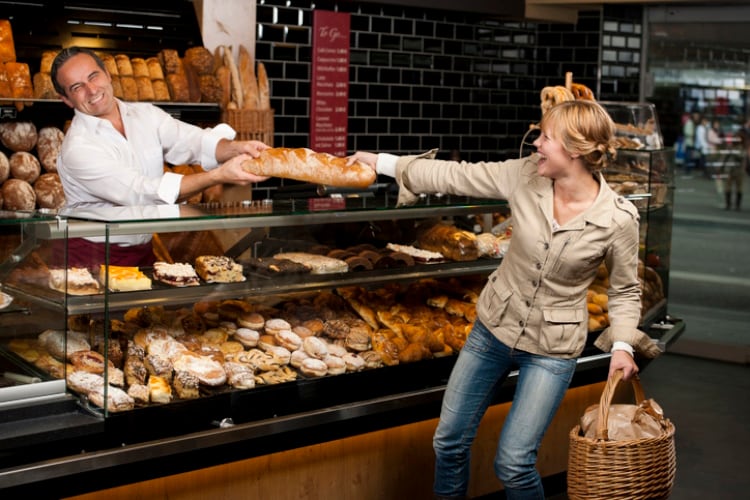
Warburtons’ move comes against the backdrop of mounting consolidation in British baking. With ABF’s £75m rescue of Hovis already reshaping the sliced-bread market, another heavyweight deal would further tighten control of the nation’s loaves in just a few hands.
If both transactions proceed, the UK’s ‘Big Four’ industrial bakers would effectively shrink to two dominant players — Warburtons and ABF — a level of concentration Britain’s bread industry hasn’t seen in decades.
It also shows just how much pressure the sector’s under. Rising costs, supermarket price wars and falling loaf sales have left chronic overcapacity across the board. The reality is the UK now has more bread-making capacity than demand to fill it.
For Warburtons, grabbing Roberts’ specialty lines would give it more muscle in the only corner of the category still growing – seeded loaves, thins and wraps. For ABF, rescuing Hovis would bolster its logistics and volume base in everyday sliced bread, where margins have been crushed.
Together, they’d dominate both ends of the market. But fewer, larger players could also mean less competition and that’s a concern for suppliers, retailers and consumers alike.
What it means for UK baking

If Roberts ends up in administration and Warburtons cherry-picks only the bits it wants, hundreds of jobs could still go. But the consequences reach far beyond the Northwich bakery floor.
Consolidation risk: Between Warburtons’ potential deal and ABF’s interest in Hovis, the UK’s bread supply could soon rest in the hands of just two companies. That concentration could eventually squeeze competition and leave supermarkets with less choice of suppliers.
Impact on smaller bakers: Mid-sized players like Roberts once anchored Britain’s bread scene. As they disappear, the gulf between artisanal producers and industrial giants widens – and there’s less room in the middle for brands to grow.
Local knock-on effects: Roberts’ three sites in Northwich, Winsford and Ilkeston support hundreds of workers and a network of regional suppliers. A breakup or closure would ripple across the local economy.
Innovation pressure: As big bakers focus on scale and efficiency, R&D budgets often tighten. That risks slowing down the flow of genuinely new ideas in bakery – at a time when shoppers are hungry for novelty and health-forward options.
Can Britain’s bread market rise again?

Roberts’ decline is more than a sad story of one family bakery. It’s a warning sign for a whole industry that’s been stretched too thin for too long.
For years, supermarket price competition kept loaf prices low, eroding margins and leaving little room to absorb shocks like inflation or energy hikes. The 2023 fire exposed that fragility – inflation just finished the job.
Yet bread itself isn’t in decline – it’s evolving. Consumers still want carbs, but they want them with character. Warburtons knows that, which is why it’s betting on Roberts’ specialty lines, not its standard loaves.
For the hundreds of Roberts employees waiting for clarity, though, that distinction offers little comfort. Even if Warburtons does buy a slice of the business, the Roberts name – and 138 years of heritage – may not survive intact.
As PwC works on a deal, one thing’s clear: the UK bread market that comes out of this crisis will be smaller, tougher and far more consolidated than the one that went in. The question now isn’t whether Roberts can be saved – but whether there’s still room for anyone outside the two remaining giants to rise.




